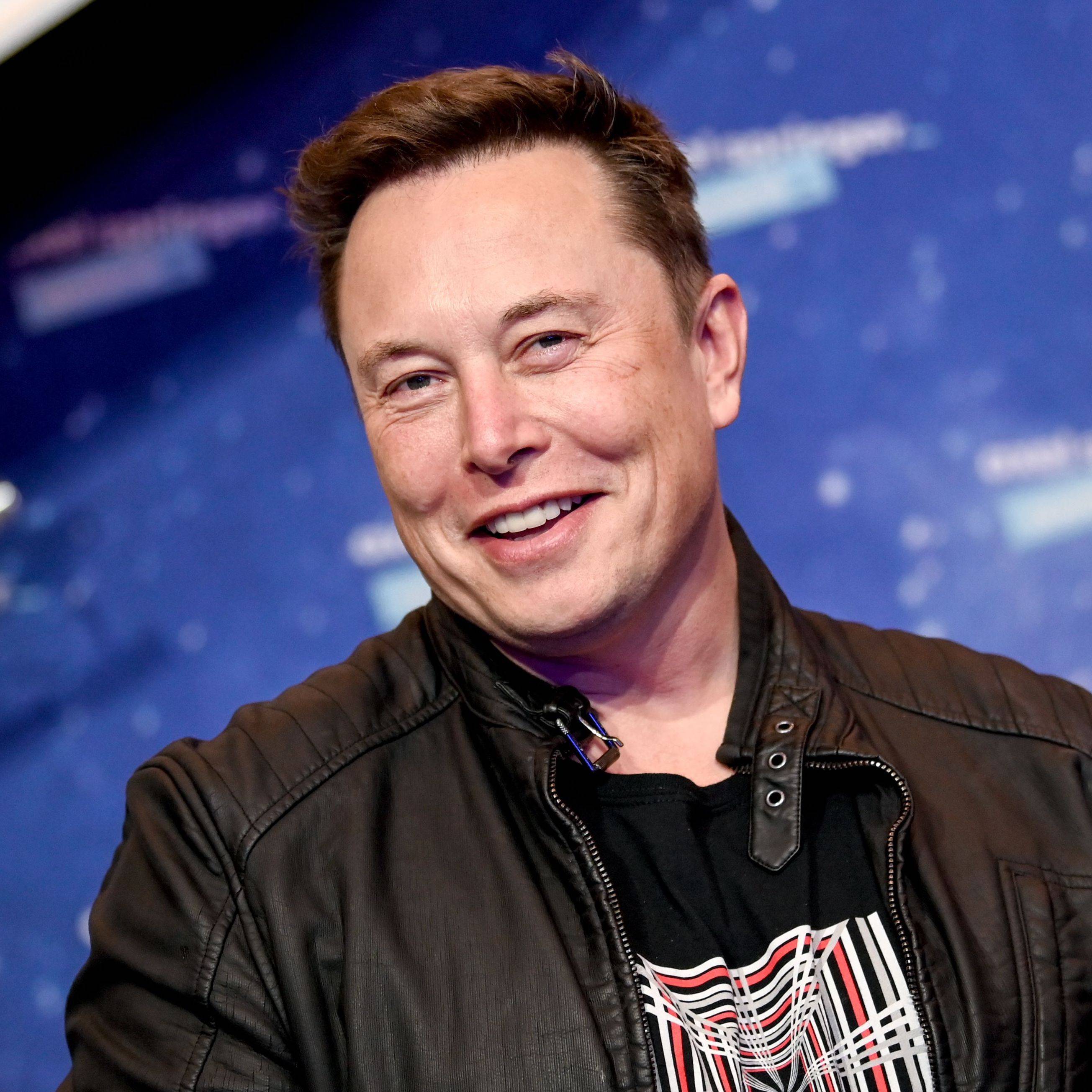Achievements, and impact on various industries.
Elon Musk: Architect of the Future

Elon Musk is one of the most influential and polarizing figures of the 21st century. As a billionaire entrepreneur and innovator, his work spans industries as diverse as electric vehicles, space exploration, renewable energy, and social media. Musk’s vision has often been labeled as both audacious and improbable, but his accomplishments are undeniable. From founding multiple companies to striving for a multi-planetary human civilization, Musk’s journey is an amalgamation of ingenuity, risk-taking, and an unyielding drive for progress.
Early Life and Education
Elon Reeve Musk was born on June 28, 1971, in Pretoria, South Africa, to a Canadian mother, Maye Musk, a model and dietitian, and a South African father, Errol Musk, an engineer. From a young age, Musk showed an affinity for technology and innovation. By the age of 10, he was fascinated by computing and learned programming on his own. At 12, he developed and sold a simple game called Blastar, hinting early at his knack for entrepreneurship.
In 1988, Musk left South Africa to escape the country’s apartheid regime and to seek better opportunities in the United States, a land he viewed as fertile ground for innovation. He pursued higher education at Queen’s University in Canada before transferring to the University of Pennsylvania, where he earned dual degrees in physics and economics.
Early Ventures and the Rise of PayPal
Musk’s entrepreneurial journey began in the 1990s. After briefly enrolling in a Ph.D. program at Stanford University, he left just two days later to seize the burgeoning internet opportunities. His first major startup was Zip2, an online city guide for newspapers. Founded in 1996 with his brother, Kimbal Musk, and a few associates, the company gained traction and was eventually sold to Compaq for $307 million in 1999. Musk’s share was a modest but significant $22 million.
Emboldened by this early success, Musk co-founded X.com, an online financial services and payments company, in 1999. X.com later morphed into PayPal, and under Musk’s direction, it became a global leader in online payment solutions. In 2002, eBay purchased PayPal for $1.5 billion in stock, cementing Musk’s status as a tech millionaire.
SpaceX: A Revolution in Space Exploration
Perhaps one of Musk’s most extraordinary ventures is SpaceX, which he founded in 2002. His motivation stemmed from a desire to reduce space travel costs and make life multi-planetary by establishing a human colony on Mars. SpaceX faced multiple challenges in its early years, with several failed launches that nearly bankrupted the company. Nevertheless, Musk’s determination paid off in 2008 when SpaceX became the first private company to send a spacecraft, the Falcon 1, into orbit.
In the years since, SpaceX has accomplished feats that many thought impossible. The company revolutionized space travel with reusable rocket technology, exemplified by the Falcon 9 and Falcon Heavy, which have significantly lowered the cost of accessing space. In 2020, SpaceX’s Crew Dragon capsule successfully ferried astronauts to the International Space Station (ISS), marking a historic milestone as the first commercial company to do so. Musk’s dream of colonizing Mars is still alive through the development of the Starship spacecraft, a fully reusable rocket designed for deep-space missions.
Tesla: The Electric Vehicle Revolution
Musk’s impact on the automotive industry is equally transformative. He joined Tesla Motors, an electric vehicle startup founded by Martin Eberhard and Marc Tarpenning, in 2004 as chairman of the board. By investing heavily and taking an active role in the company’s operations, Musk quickly became its face and driving force. The release of the Tesla Roadster in 2008 demonstrated that electric cars could be both powerful and appealing. However, Tesla faced financial turmoil and production challenges that Musk had to navigate.
Despite criticism and skepticism from the established automotive sector, Tesla became a market leader with groundbreaking vehicles like the Model S, Model 3, Model X, and Model Y. The company’s emphasis on performance, range, and over-the-air software updates set it apart from traditional automakers. Under Musk’s leadership, Tesla also pushed for the adoption of solar energy and home battery systems through products like the Solar Roof and Powerwall.
As of 2024, Tesla’s valuation remains substantial, making it one of the most valuable automakers globally. Musk’s vision has helped accelerate the world’s transition to renewable energy, although his management style has often been controversial, characterized by bold decisions and unconventional communication.
The Boring Company and Hyperloop: Redefining Transportation
Musk’s vision for transportation extends beyond the electric vehicle industry. In 2016, he founded The Boring Company, which aims to solve urban traffic congestion by constructing underground tunnel systems. Though initially seen as a quirky side project, The Boring Company has made strides with projects like the Las Vegas Convention Center Loop.
Meanwhile, the Hyperloop concept, proposed in a white paper by Musk in 2013, envisions high-speed pods traveling through vacuum-sealed tubes. Although Musk did not commercialize Hyperloop directly, several companies have taken up the challenge, and the idea continues to inspire innovations in the transportation sector.
Neuralink: Merging Humans with Artificial Intelligence
Neuralink, another Musk-founded company, is focused on brain-computer interface technology. Launched in 2016, Neuralink’s goal is to enable humans to interact directly with computers using their thoughts, which could revolutionize the treatment of neurological conditions. Early experiments have involved implanting brain chips in animals, but the long-term vision is to help humans enhance their cognitive abilities and ensure that humanity stays ahead of artificial intelligence.
Despite promising demonstrations, Neuralink has raised ethical and safety concerns. Critics question the implications of merging human minds with machines, while others worry about the long-term impact on society. Nevertheless, Musk believes that Neuralink is crucial for the future, especially given his outspoken warnings about the risks of artificial intelligence.
Starlink: Global Internet Connectivity
One of SpaceX’s latest ambitious projects is Starlink, a satellite internet constellation designed to provide high-speed internet access to underserved and remote areas globally. Starlink already boasts thousands of satellites in orbit, delivering service to customers in many countries. The project aims to bridge the digital divide, though it has faced criticism from astronomers and environmental advocates due to concerns about space debris and light pollution.
Twitter and Social Media Influence
In 2022, Musk acquired Twitter in a highly publicized $44 billion deal. His management of the social media platform has been a whirlwind of policy changes, mass layoffs, and controversies. Rebranding Twitter as X, Musk envisions transforming the platform into an “everything app†modeled on WeChat, encompassing social networking, payments, and more. Critics argue that Musk’s impulsive decisions and erratic handling of the platform have alienated many users and advertisers, while others believe his vision could revolutionize social media.
Controversies and Criticisms
Elon Musk’s career is not without controversy. His outspoken nature on social media, especially Twitter, has often sparked debates and backlash. From questioning public health measures during the COVID-19 pandemic to making unfiltered remarks about his critics, Musk’s communication style is unorthodox and divisive.
He has also faced criticism for his labor practices at Tesla and SpaceX. Reports of demanding work environments, allegations of union-busting, and legal battles over workplace discrimination have drawn negative attention. Additionally, Musk’s ventures have raised concerns about environmental impacts, such as the lithium mining required for electric vehicle batteries and the space debris from Starlink.
Legacy and Impact
Elon Musk’s influence on technology and society is profound. Through SpaceX, he has rekindled excitement about space exploration and paved the way for commercial space travel. Tesla has not only popularized electric vehicles but also accelerated the global shift towards renewable energy. Neuralink and The Boring Company hint at a future where humans might interface with computers and travel seamlessly through urban landscapes.
Whether admired or criticized, Musk is a testament to the power of visionary thinking and relentless ambition. His story exemplifies the challenges of balancing bold innovation with societal impact, and his legacy will likely continue to shape the world in ways yet to be imagined.
In the end, Elon Musk remains an enigmatic figure: a dreamer, a disruptor, and a symbol of the heights and perils of technological progress.
This article captures a comprehensive overview of Musk's life, achievements, and the complexities surroundinging his work. Let me know if you'd like any section refined or expanded




No comments yet
Be the first to share your thoughts!